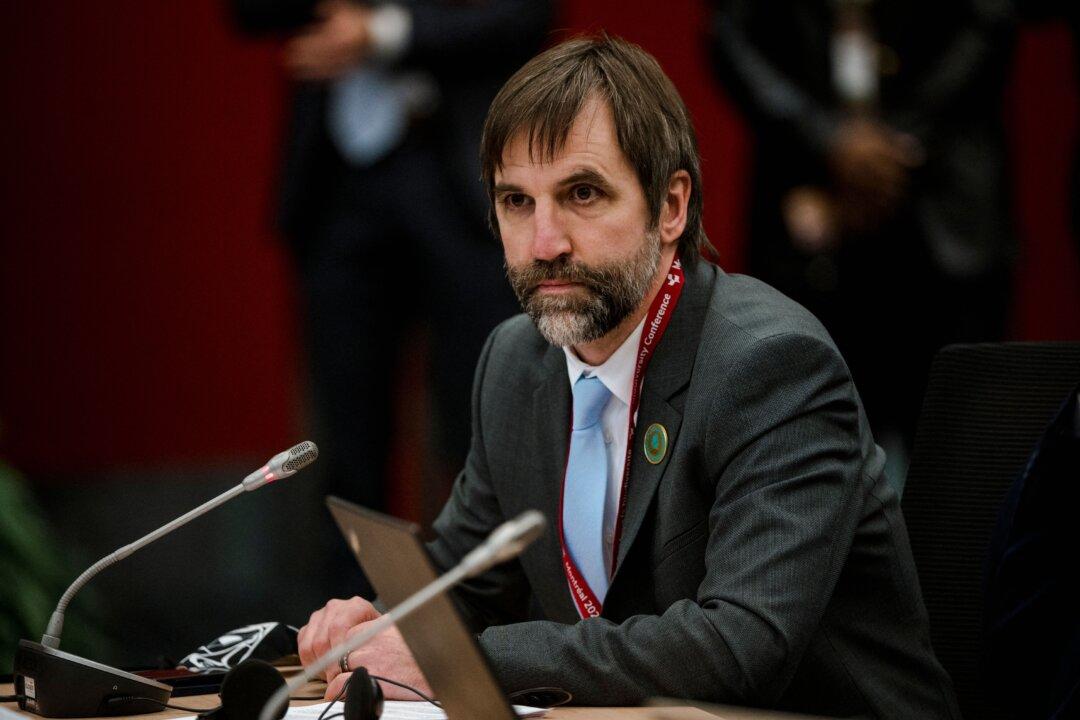The Transportation, Infrastructure and Communities Committee unanimously passed a Conservative motion for Environment Minister Steven Guilbeault to appear as a witness within two weeks, following his controversial comments that the federal government would no longer invest in road infrastructure.
“We believe that this committee needs to discuss this matter on an urgent basis,” Conservative MP Mark Strahl, who introduced the motion, said at the outset of the Feb. 21 committee meeting. “These were comments that were given to a conference. These were prepared remarks by the minister of the environment designed to send a message to Canadians.”





